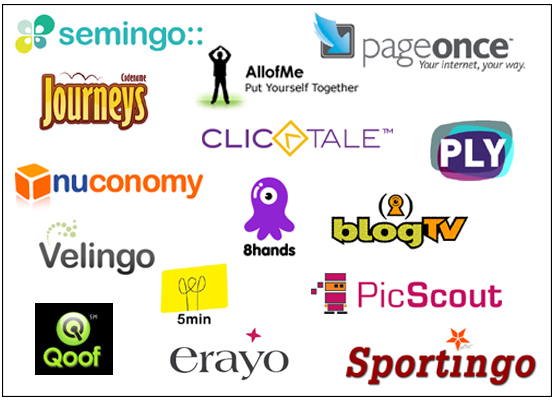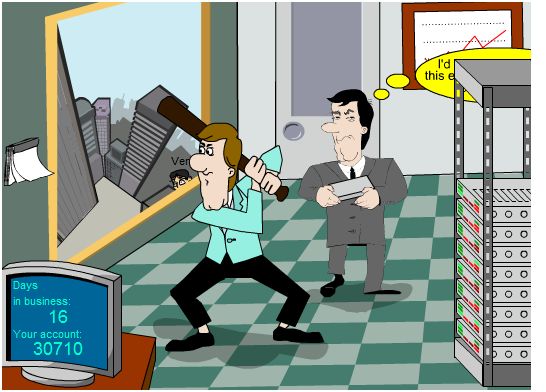 Somebody wake me up: I can’t believe that anybody, especially ReadWriteWeb would buy this: OlinePrimary.us, an effort to to provide a simple, Internet-based system to demonstrate how the US presidential primaries, and later the elections can be handled easily:
Somebody wake me up: I can’t believe that anybody, especially ReadWriteWeb would buy this: OlinePrimary.us, an effort to to provide a simple, Internet-based system to demonstrate how the US presidential primaries, and later the elections can be handled easily:
“I don’t understand why the straightforward process of casting and tallying votes should require special-purpose machines costing tens of thousands of dollars each, from companies so suspect of fraud and incompetence that they have to change their names (as Diebold Election Systems recently did) to hide from the shame.”

Richard at ReadWriteWeb is somewhat doubtful himself, noting:
In my tests, OnlinePrimary turned out to be a basic website form and still a little buggy (an SQL error popped up after I entered my selections)
Richard, it’s really not about the bugs; it’s the very concept itself. Anyone can create a webform to collect data – it does not demonstrate anything. The issue with electronic voting is not how to capture data. I am by far not an expert, but I think the critical issues all boil down to these points:
- Identification / Verification of who votes (did not ask for any)
- How many times can you vote (I just voted twice)
- Can your vote be tampered with (sure…)
Plain and simple. Not so plain and simple to resolve. And this simple webform does not attempt to address any of these issues. This is what we ended up with at an event with much smaller scale… I’m sure you as co-host of the Crunchies also experienced some issues… would the Presidential elections invite a thousand times more fraud attempts?
Update (2/5): Not that there’s much verification in real life, either…

 The 2008 edition of the (in)famous
The 2008 edition of the (in)famous 





 ).
).
 ). They are the Naked Buddies – as in co-authors of Naked Conversations.
). They are the Naked Buddies – as in co-authors of Naked Conversations.  I had mixed thoughts at first reading: Obviously environmental consciousness is becoming fashionable. Companies rush to launch their green initiatives in order to look “responsible corporate citizens”. OK, that’s the cynical view, but after all, these are often useful initiatives, and I’ve already said you
I had mixed thoughts at first reading: Obviously environmental consciousness is becoming fashionable. Companies rush to launch their green initiatives in order to look “responsible corporate citizens”. OK, that’s the cynical view, but after all, these are often useful initiatives, and I’ve already said you 




 The belts will be tightened, says the
The belts will be tightened, says the  Yes, Dan is right, “Web/Enterprise 2.0 startups can’t get a hearing with CIOs and tech buyers at corporations” and their apps are not considered mission critical, but the whole point is that a lot of these Enterprise 2.0 tools are not sold at the CIO level.
Yes, Dan is right, “Web/Enterprise 2.0 startups can’t get a hearing with CIOs and tech buyers at corporations” and their apps are not considered mission critical, but the whole point is that a lot of these Enterprise 2.0 tools are not sold at the CIO level. 


Recent Comments